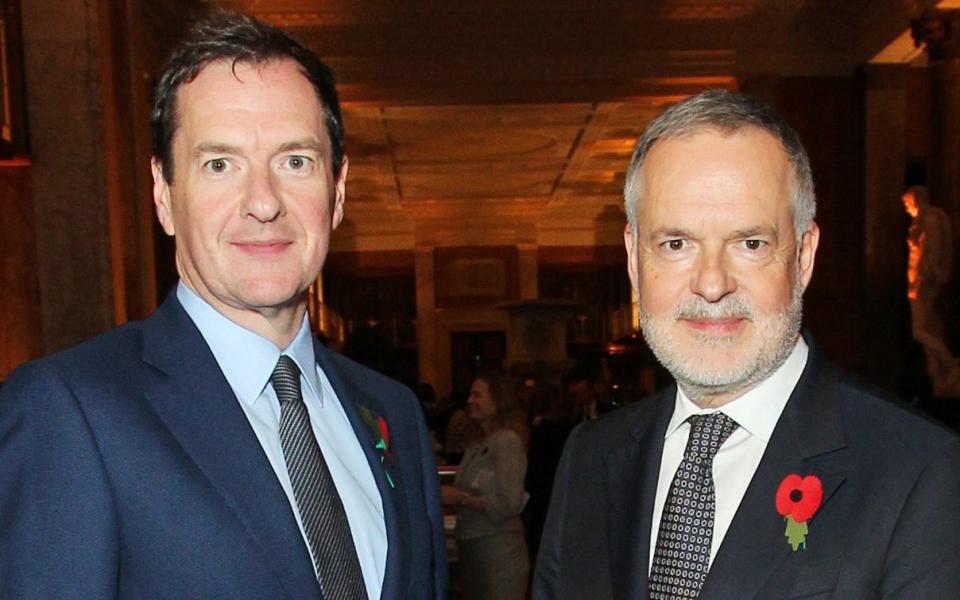British Museum’s next director ‘must defend its ownership of treasured artefacts’

The British Museum’s next director must be prepared to defend its ownership of some of the world’s most treasured artefacts, George Osborne has said.
The museum has begun advertising for a replacement for its former director Hartwig Fischer, who resigned amid a scandal over alleged thefts from its collection, and the institution’s chairman Mr Osborne has penned a foreword to a new advertisement for the £215,000-a-year role.
Any prospective leader of the museum must be able to steer the debate about the “validity” of its collection, which holds treasures from around the world, the foreword states.
Mr Osborne’s message to candidates warns there is a “global” debate around the future of “universal museums,” a concept often evoked by the British Museum to defend its possession of artefacts like the Elgin Marbles.
The museum has long insisted that its displays, made up of objects from around the world, help to tell a universal human story rather than covering an isolated historical theme, period or geographical region.
Mr Osborne’s foreword states that the museum has been under “intense scrutiny” following the discovery of alleged thefts from its collection, adding: “We are also at the centre of global conversations about the validity of so-called ‘universal museums’.”
He added that the museum, which has faced criticism over its possession of artefacts taken from around the world, has “taken steps to ensure we are engaging in, and in time perhaps leading, the big conversations of our time – not shying away”.
The foreword states that any potential director must be prepared to “take up this mantle”.

‘Open mind’ over new boss
The museum has repeatedly been asked to return the Elgin Marbles, which the Greek government insists were stolen from the Parthenon by Lord Elgin in the early 19th century, a claim the museum denies.
The Greek position is that the 2,500-year-old statues, marble plaques, and section of frieze should be reunited with other objects from the ancient Athenian temple.
However, the British Museum has long argued that as a universal museum it can use the contested artefacts, alongside others in its collection, to tell a more universal human history which puts the Ancient Greeks in a broader context.
The institution is also barred by law from giving away objects in its collection, but Mr Osborne and the Greek government have been holding discussions on how to negotiate this legal impasse in a way which could allow the artefacts to be displayed in Athens.
It is one of the many issues any incoming director of the museum will have to manage, alongside plans to renovate the Bloomsbury site and to exhaustively catalogue its collection to prevent objects being taken without staff noticing – a project which began following the scandal over alleged thefts.
The job advertisement also states that the British Museum will not narrow the search for Mr Fischer’s successor only to those in the museums sector, and the board will keep an open mind as to the best candidate.

